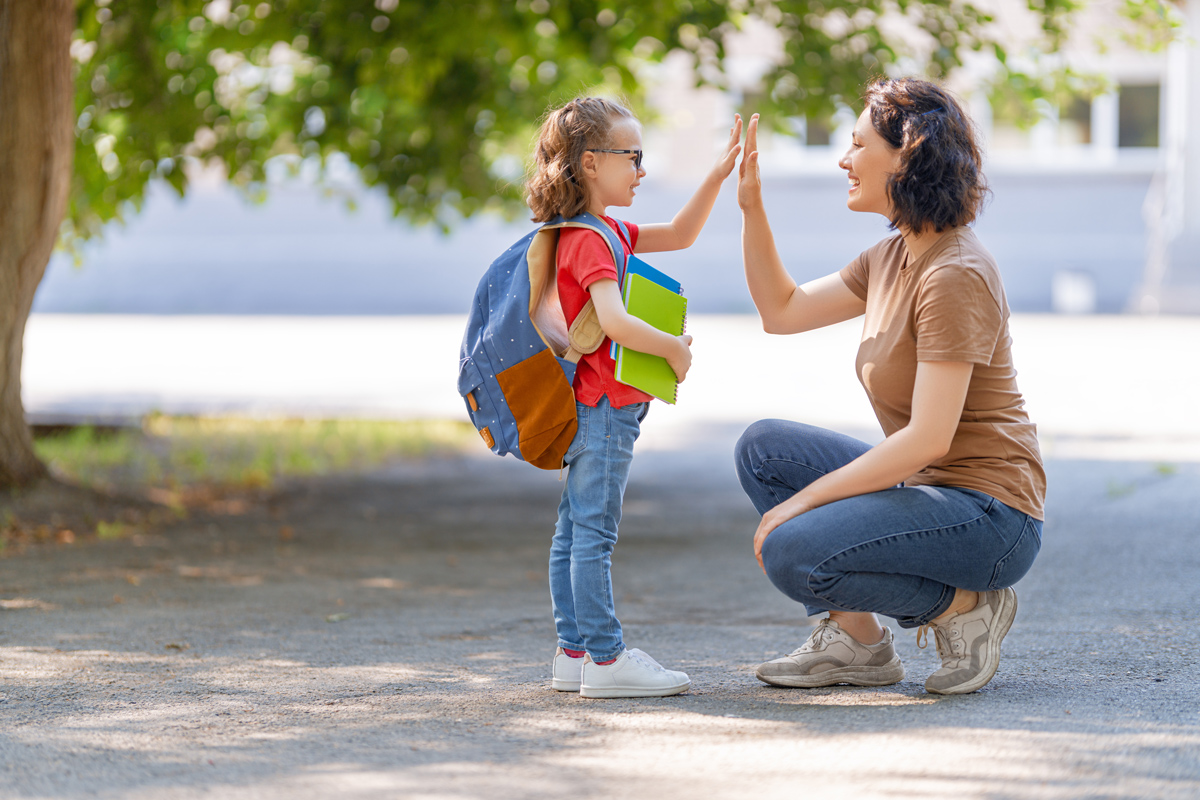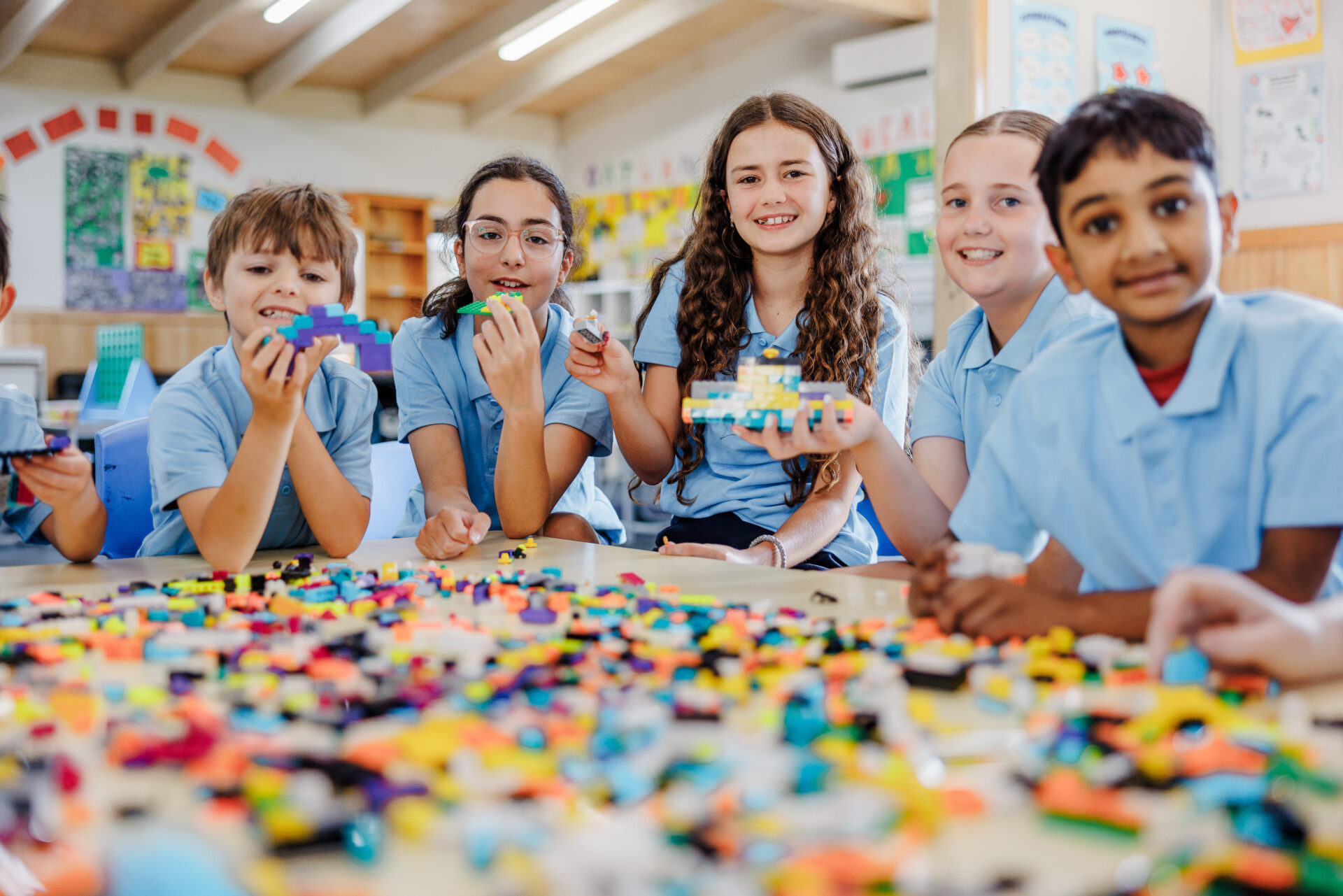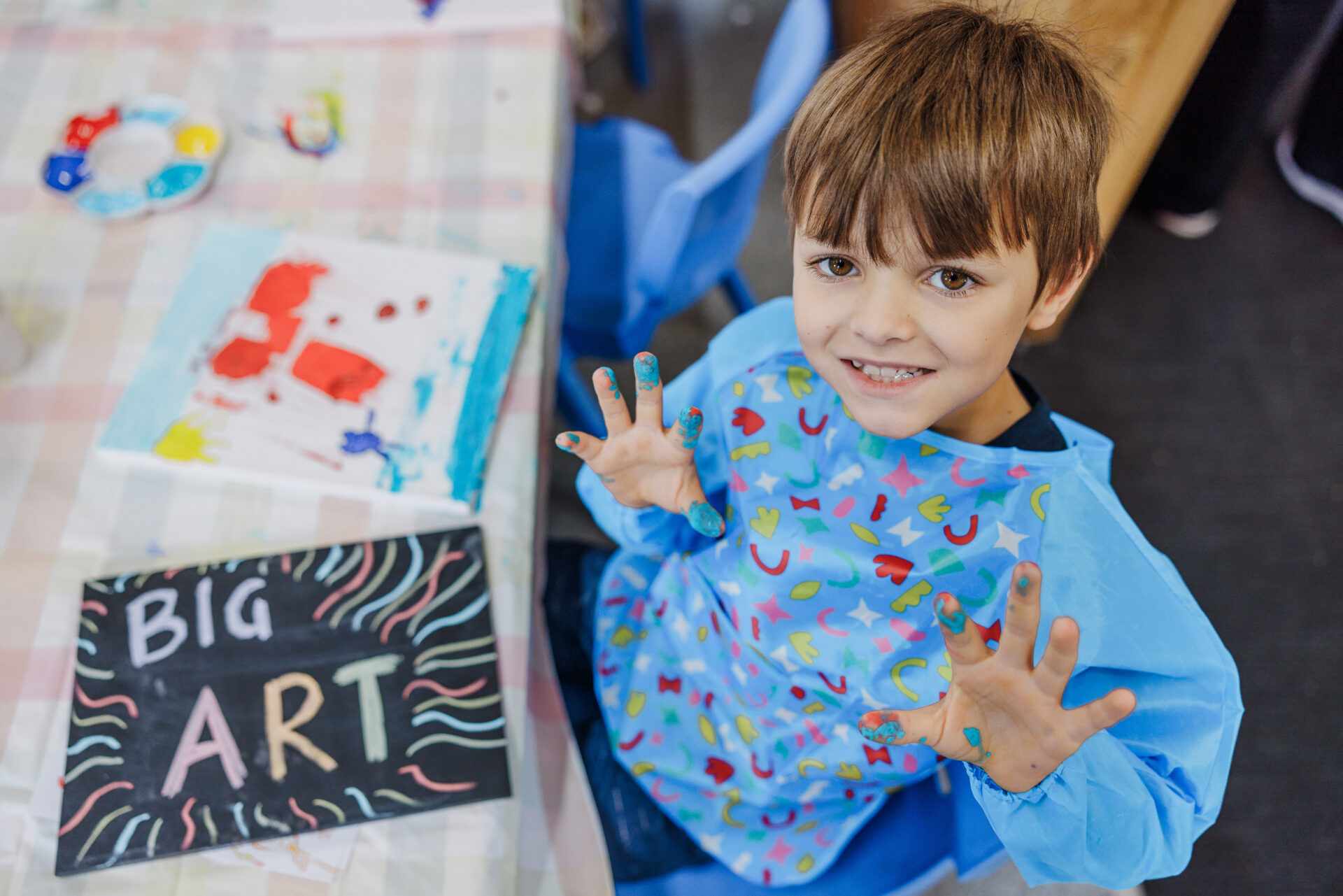Whether your child is starting primary school for the first time or getting ready for back to school activities, preparation goes a long way. That’s why planning for school is important to help your child feel confident on their first day or returning to the classroom.
Why Preparation Is Key for a Smooth Start to School
Children are just like us when it comes to change; it can be an exciting time or daunting, or a mix of both! And just like us adults, the way a child responds to change can depend on how prepared they feel leading up to an event.
Preparedness can take many different forms, including familiarity with a new environment, getting ready for a new routine and emotional readiness.
Let’s look at 5 ways you can prepare your child for their first day of school with these helpful getting ready for school tips.
Tip 1: Establish a Consistent Routine Early
Establishing a routine is one of the best ways to prepare your child for school. Setting a predictable schedule leading up to their first day of school can help them feel secure and reduce first-day nerves.
Try these simple tips to establish a routine for your child:
- Implement evening and morning routines. Setting an alarm and waking up at the same time each morning will help your child adjust to the structure of their school day.
- Having regular meals at set times, including breakfast and lunch, will help your child get used to eating at the same time.
- Setting out clothes for the next day. This can help with a structured and calm start to their day.
Try introducing these habits a few weeks before starting school, so your child can get used to their new schedule.
Tip 2: Get the Right School Supplies
Making sure your child has the right school supplies can boost their confidence and help with getting ready for back to school fun:
- Backpack: Pick one that’s fun and is the right size for your child. Involving them in the decision-making process can help them feel excited about starting school and instil confidence in their decision-making.
- Water bottle and Lunchbox: Choose ones that are functional and durable, and have room for their lunch and snacks. In fact, why not buy two lunchboxes to make your life easier! Having a spare lunchbox means you can prepare the next day’s lunch the night before while the first one is in the dishwasher or drying. It’s a simple and effective way to save time during those busy school mornings and ensure your child always has a clean, ready-to-go lunchbox.
- Notebooks and Stationery: This includes notebooks and writing supplies such as pencils, erasers and crayons.
- Comfortable clothes: If your child’s school does not have a set uniform, pick clothes that are comfortable and easy to wear. This will help with bathroom breaks and when playing during recess.
Many schools provide a supply list; use these suggestions to double-check that you’re fully prepared for their first day.
Tip 3: Create a Positive Mindset About School
A positive mindset can help your child to have the best possible start to their schooling. Share stories and experiences from when you were young. Show your child photos of your first day and remind your child that you were a little person, just like them at one stage, starting school for the first time.
Highlight the fun and exciting aspects of making new friends and playing lots of new games. Focus on the positive aspects of the school environment and what that can be like for your child.
Encourage them to ask questions and talk about how they may be feeling, with open dialogue allowing them to express any worries or concerns they may have. Remind them that it’s totally normal to be feeling nervous, and they’ll always have help from you, their teachers, and support staff.
Tip 4: Familiarise Your Child with the School Environment
Take your child to any open or orientation days to help them become familiar with the school environment. A tour of the school’s facilities, including classrooms, library and playground, can settle any jitters and help them get comfortable with what to expect at school.
If possible, get your child to meet their new teacher and after school care educator. This can make a big difference to their start and can help them settle into their new environment.
Tip 5: Prepare for a Smooth Morning Routine
Make mornings stress-free with these insider tips:
- Create a morning checklist: Include simple tasks like brushing their teeth, getting dressed and packing their bag. Don’t overcomplicate the checklist – keep it simple and do-able.
- Set out clothes the night before: Take the guesswork out of their morning routine by having their clothes and shoes ready in the same place each morning.
- Healthy breakfast and a packed lunch: Start their day right with a nutritious breakfast of sugar-free cereal, oats, yoghurt or anything your child enjoys for breakfast. Prepare their lunchbox the night before so it’s ready to go, helping both you and your child with a calm start to the morning.
Kids getting ready for school can be fun and exciting by following these 5 tips. Remember that before and after-school care also provides an enriching environment where they get to meet other children outside of their class, try new activities for fun and develop their social skills.





